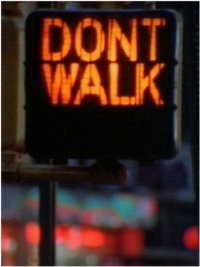 Older men who take regular and intensive exercise produce more growth hormone and testosterone, the male sex hormone, than those who lead an inactive life, according to researchers at the University of Newcastle-upon-Tyne.
Older men who take regular and intensive exercise produce more growth hormone and testosterone, the male sex hormone, than those who lead an inactive life, according to researchers at the University of Newcastle-upon-Tyne. Men aged 55-65 who ran regularly were found to have higher levels of both hormones in their bodies compared to men of a similar age who did no regular exercise.
In adulthood, levels of both hormones decrease with age, especially after the age of 40. Lower levels of growth hormone tend to result in less muscle, more fat and lower bone density, while falling levels of testosterone can result in loss of sex drive and reduced potency.
The research team was led by Professor Pat Kendall-Taylor, of the University's Department of Endocrinology. She worked in association with Dr Steve Hurel, of the Royal Victoria Infirmary in Newcastle, who has since moved to the Middlesex Hospital in London where he is a consultant.
Ten "runners" were recruited from local athletic clubs and ten healthy but inactive men from local social clubs. The hormone profiles of all 20 were assessed while at rest and while doing exercise.
The average level of growth hormone was four times higher in the runners , whose testosterone levels were about 25 per cent higher � enough to make a significant difference.
The research team concludes that exercise may have a role in counteracting the normal decline in growth hormone and testosterone with ageing.
Professor Kendall-Taylor said: 'Our research provides evidence that men who do regular exercise not only benefit from better health but actually produce more of the hormones associated with younger bodies and sexual activity.'
However, she stressed that older men who are unused to exercise should consult their doctor before embarking on strenuous physical activity.

